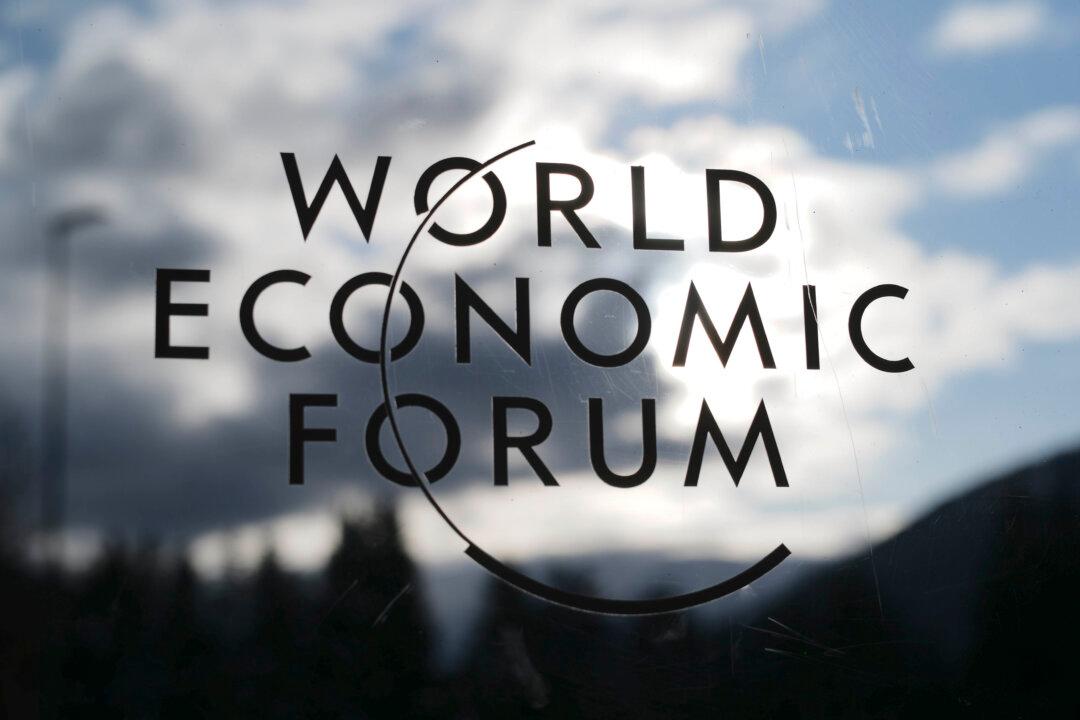
The logo of the World Economy Forum is displayed on a door at the Congress Centre in Davos, Switzerland, on Jan. 19, 2020. Markus Schreiber/AP Photo
Commentary
According to Harvard political scientist Francis Fukuyama, the fall of the Soviet Union meant
the end of history.
